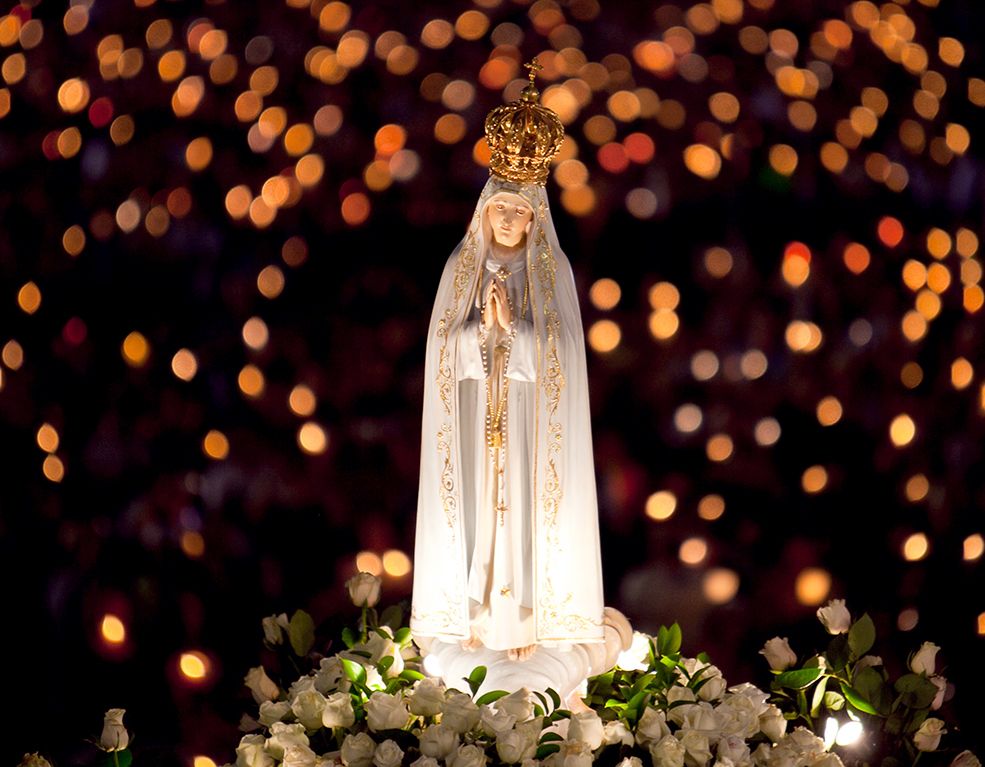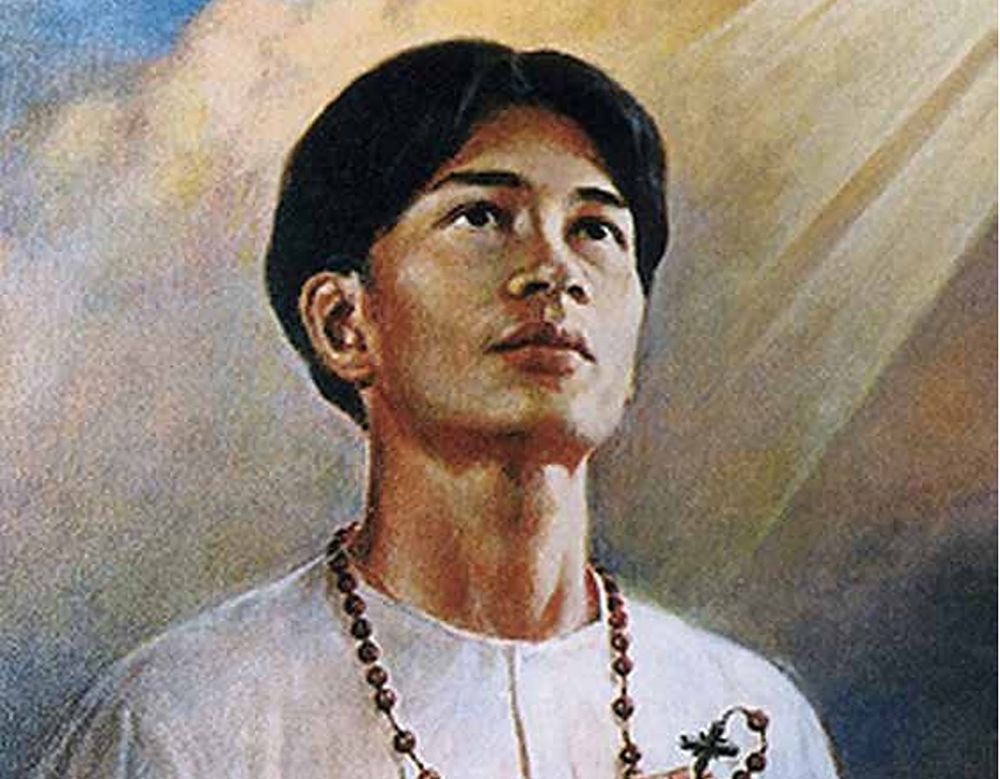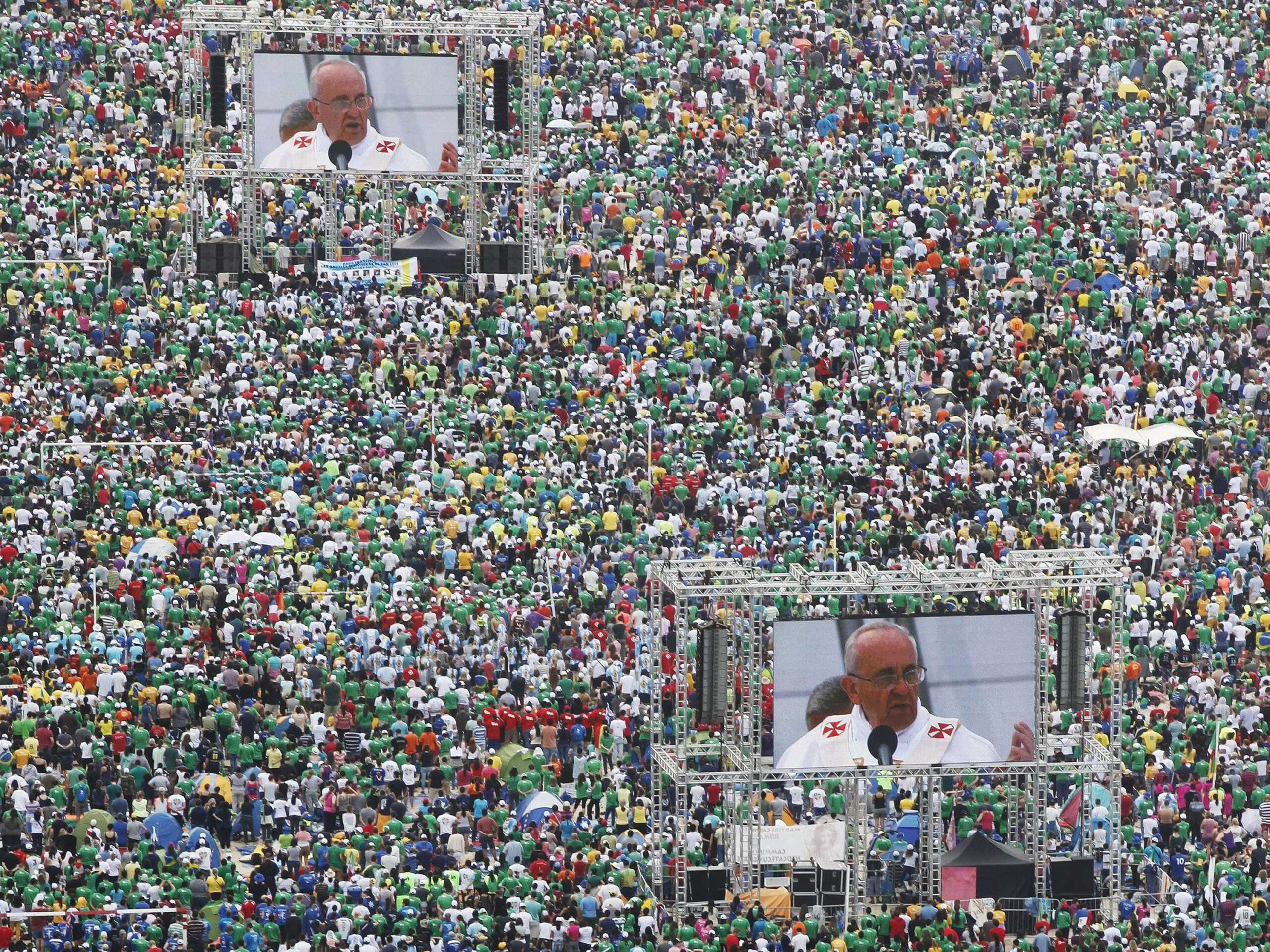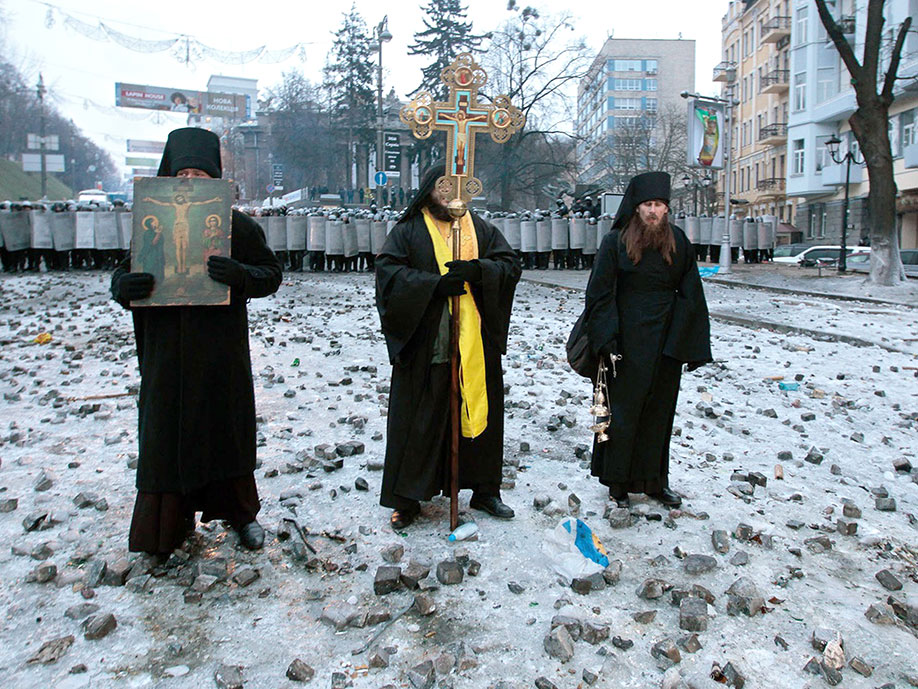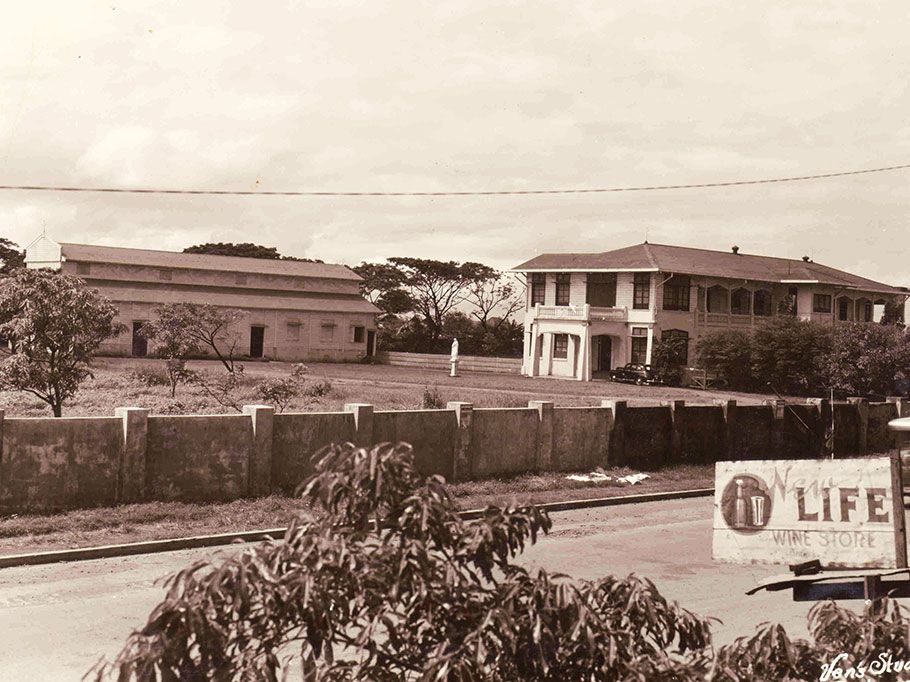The Church has always maintained that faith must be nurtured. No one is born a believer. We all are introduced to faith. Some come to know and accept Jesus as adults, others are born in Christian families. All have to be introduced to faith, to the teaching of Jesus, to the way the Church lives this teaching through the celebration of sacraments, and through its action in the world. This is why Christian communities organize catechumenate and catechism classes. Yet, this first approach to faith is not enough. We ought to continue our journey of faith by learning ever more about God and the way He wants His Kingdom to grow. The social teaching of the Church is part of this journey, and we are called to know and make it part of our lives. There are many areas to cover. Yet, some basic principles can guide us in our journey.
– Life is sacred. God is, first of all, Father. God has given us life, and He wants life to prevail. Human life and one’s sanctity and dignity are the foundation of the social teaching of the Church. While globalized culture proposes an individualistic approach to life, we realize that a person is sacred and social. That is, each human being is special, but he/she is not an island. How we organize our life together is then extremely important. The policies we accept to underscore our political and financial decision are valuable beacons of our understanding of the human person. They also give a good prospect of how we expect each person to live and grow. The Church teaches that the role of the government, and other international institutions, is to protect human life and human dignity and promote the common good. When a society is able to protect life, then there are good chances that human rights are kept in consideration and other basic responsibilities are met.
However, an ideal society does not exist. This is why the Church calls all people of goodwill to make some choices. The first is an option for the poor and vulnerable in society. Modern society is characterized by a deep chasm between rich and poor, between able bodies and disabled persons. All vulnerable people need to be cared for. They are persons, and cannot hope to overcome the hurdles of life by themselves. The parable of the Last Judgment (Mt. 25) is a powerful teaching regarding the need to put the poor and vulnerable first.
– Social participation. Being responsible for the poorest and the most vulnerable means also to take a stand in society. Everyone has a right to participate fully in the economic, political, and cultural aspects of life. It is a fundamental demand of justice and a requirement for human dignity that all people be assured of a minimum level of participation in the community. Those who have a say in deciding policies, have a duty to make sure that all enjoy this basic right. This is also the element that distinguishes democratic societies from dictatorial or totalitarian ones.
After Creation, God gave the first human couple the task to look after Creation. This means that people have a responsibility towards Creation and part of it is to work to make God’s creation more fruitful. Work is a right and a duty. While the world economy is geared to profit, Christians do know that the rights of workers take precedence over greed. People have a right to productive work, to fair wages, to organize themselves, to private property and to economic initiative. They also have duties: to work in respect of others and to respect nature. We show our respect for the Creator by our stewardship of His creation. We are in charge of protecting people and the planet, living our faith in relationship with all of God’s creation. This environmental challenge has fundamental moral and ethical dimensions which cannot be ignored. We realize that we are one human family, regardless of our national, ethnic, and ideological differences. The biblical teaching “love your neighbor” means that we are to live in solidarity in an interdependent world.
– Political arena. Christians cannot shun from the political arena; political does not mean belonging to a specific party. Christians may support those political organizations that they deem closer to their faith. Yet, they have to remember that the state has a positive moral function. This becomes true when the state is an instrument to promote human dignity, protect human rights, and build the common good. Its purpose is to assist citizens in fulfilling their responsibility to others in society and promoting the common good.
Another area of political involvement is the promotion of peace. Catholic teaching promotes peace as a positive, action-oriented concept. Pope John Paul II taught that “peace is not just the absence of war. It involves mutual respect and confidence between peoples and nations. It involves collaboration and binding agreements.” Pope Paul VI remarked that there is a close relationship between peace and justice. Peace is the fruit of justice and is dependent upon a right order among human beings.



